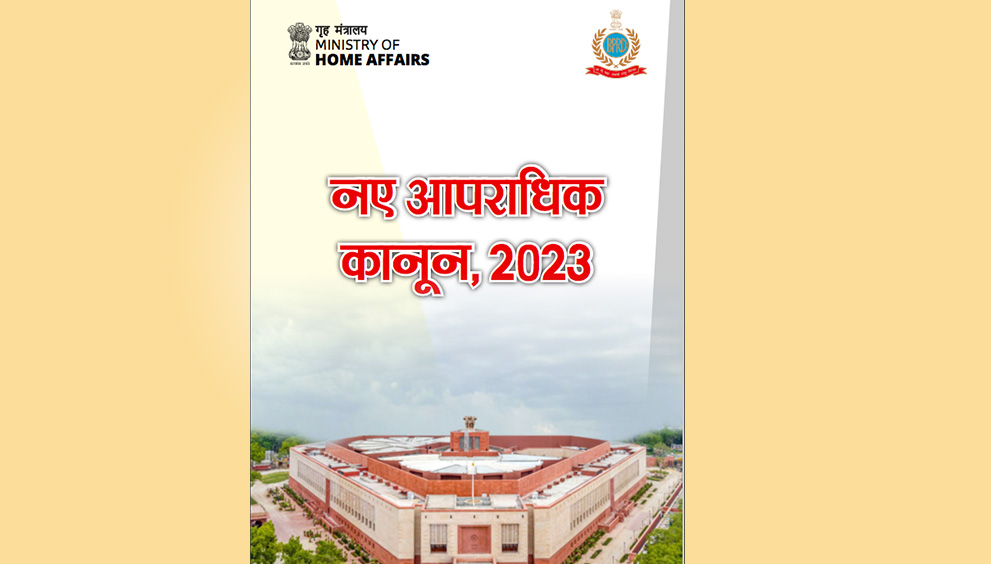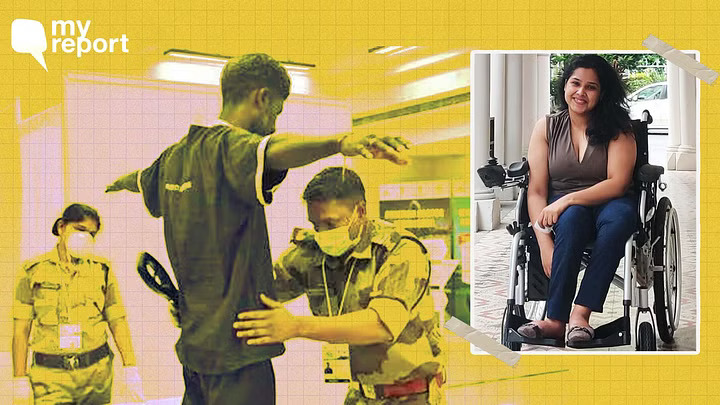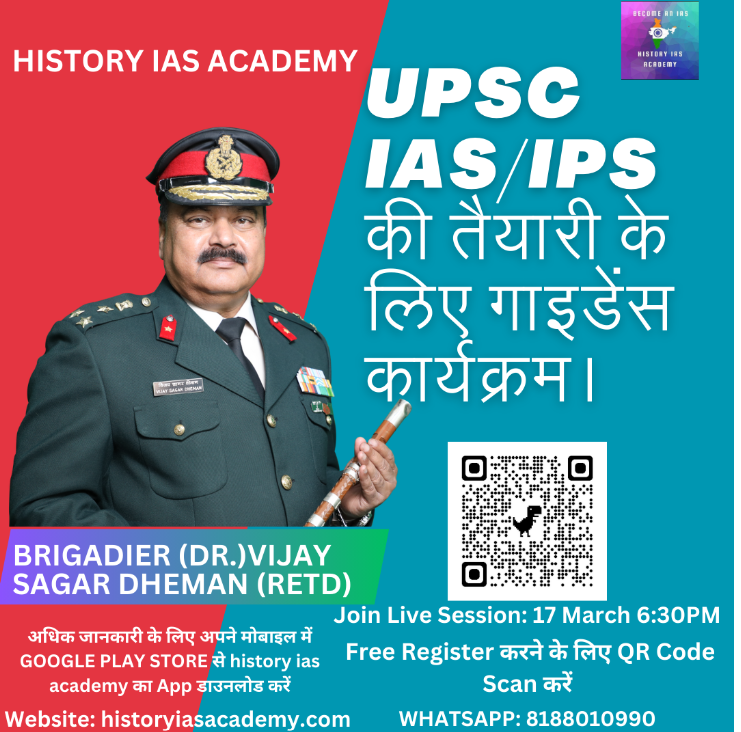Preface
The Indian Parliament has initiated a transformative step in the criminal justice system by replacing three historical laws: the Indian Penal Code, 1860, the Code of Criminal Procedure, 1973, and the Indian Evidence Act, 1872, with the Bharatiya Nyaya Sanhita, 2023, the Bharatiya Nagarik Suraksha Sanhita, 2023, and the Bharatiya Sakshya Adhiniyam, 2023, respectively. These new laws, grounded in Indian values of justice (nyaya), signify a shift from a punitive to a justice-oriented approach, reflecting ‘‘Bhartiya Nyaya Vyavastha’’.
The colonial-era laws were designed to safeguard British interests, devoid of consultation with Indians and embedded with British centric terminologies and frameworks.
These legislative changes mark the culmination of the ‘Azadi Ka Amrit Mahotsav’ and herald the dawn of ‘Amrit Kaal,’ symbolizing the forging of a truly independent India. The revision process, under the leadership of Hon’ble Prime Minister Shri Narendra Modi and spearheaded by Union Home Minister and Minister of Cooperation Shri Amit Shah, involved extensive consultations with diverse stakeholders going on from year 2019, including judiciary members, law universities, state officials and the public. This collaborative e ort ensures the laws are “justice system which will be en rely be indigenous, it will operate according to laws made by India, for India and by the Indian parliament”.
The overarching goal is to create a criminal justice system that not only protects citizens’ rights but also upholds the Rule of Law, ensuring accessible and speedy justice for all. This reform represents a significant stride towards an equitable, modern and just legal framework in India.
Jai Hind
Justice system based on Indian thinking
These Acts are intended to overhaul the Indian legal system and establish a “justice system based on Indian thinking”.
- The new criminal laws will free people from ‘‘colonial mindset’’ and its symbol and decolonize our minds.
- These Laws Focus on Justice rather than Punishment.
- “Sab Ke Saath Samaan Vyavhar” is the key theme.
- They reveal the real spirit of original Indian Code of Justice.
- They are made with spirit of Indian Constitution.
- The laws guarantee personal freedom of expression.
- The value of human rights are at its core.
- They will ensure Vic m Centric Justice.
- The soul of new laws is Nyaya, Samaanta aur Nishpakshata.
Citizen Centric Laws
The new criminal laws with spirit of Indian ethos makes paradigm shift towards more citizen centric approach.
- In Sec on 173(1) BNSS gives citizen right to file an FIR through oral or by electronic communication (e-FIR) also, irrespective of area where the offence is committed citizen can le FIR.
- Citizen are entitled to get a free copy of their FIR by the police without any delay under Sec on 173(2) (1) BNSS.
- The police are mandated to inform the victim on the progress of the investigation within 90 days under Sec on 193(3)(ii) BNSS.
- Sec on 184(1) BNSS the medical examination of a victim shall be conducted with her consent, within 24 hrs of receiving information about the commission of the offence. Medical report shall be forwarded within 7 days under Sec on 184(6) BNSS.
- Citizens are empowered to engage their own legal representation to assist the prosecution under Sec on 18 (8) BNSS.
- The criminal justice system made more transparent, accountable and accessible. In Sec on 230 BNSS, the supply of documentation to the citizen has been introduced.
- The victim have a right to free medical treatment and victim compensation under Sec on 396 BNSS.
- Provision for witness protection scheme has been provided under Sec on 398 BNSS.
- The Courts are mandated to hear the victim before giving consent for withdrawal from prosecution in Sec on 360 BNSS. This is best example of a ‘Nyaya Centric Approach’ to criminal justice.
- Sec on 404 BNSS victims are entitled to get a free copy of the judgment on an application to the Court.
- In Sec on 530 BNSS the law allows for investigation, inquiry and trial proceedings also be held electronically.






















![Calcutta High Court Upholds The Constitutional Validity Of The Amendments To The Patents Act [Read Order]](https://surakshitbharatabhiyan.org/wp-content/uploads/2024/05/54682.jpg)